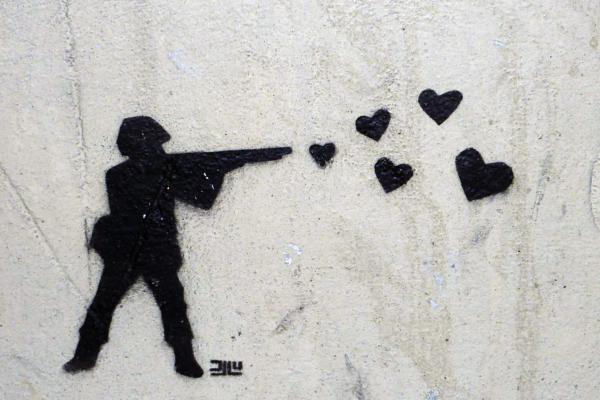Oct 14, 2016
The “No” vote on a proposed peace deal in Colombia between the government and rebel group FARC has shocked virtually everyone.
People of conscience and faith here in the U.S. should pay close attention to Colombia for many reasons, not least of which is the fact that the struggle for peace there presents a mirror to our own fears and dispositions and to the global logics of the war on terror and drugs. One thing that the results of the plebiscite revealed is that it is hard to change public imagination overnight after spending decades of fueling war, demonizing enemies, and seeing issues one-dimensionally.
Read the Full Article

Already a subscriber? Login
